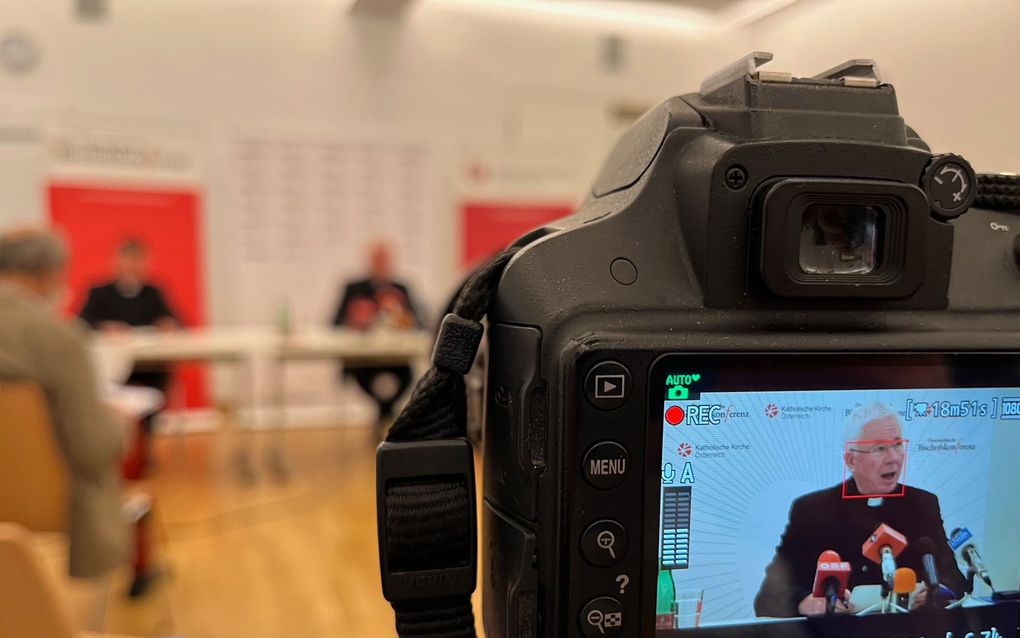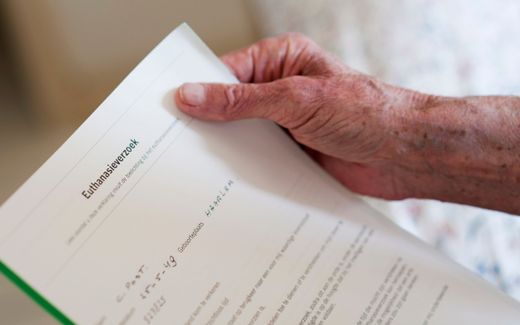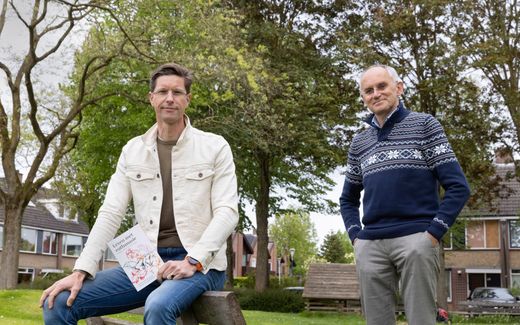Austrian bishops ring alarm bell about assisted suicide

The president of the Austrian bishops, Franz Lackner. Photo Kathpress, Klingen
Central Europe
Austria’s Roman Catholic bishops ring the alarm bell about the proposals for assisted suicide from the government. They have said that a press conference on Friday morning.
In a statement of the Bishops’ Conference, they warn of the consequences of this development. At the same time, they point out severe deficiencies in the current draft of the law on assisted suicide, which is intended to prevent abuse. The clergy give suggestions for necessary improvements as well.
As Archbishop Franz Lackner, President of the Bishops’ Conference, said at a press conference in Vienna, the same worrying development is evident in all countries that have made assisted suicide exempt from punishment: Within a very short time, the exceptional case becomes a socially accepted normality and the exemption from punishment becomes an enforceable right of claim. To prevent this from happening in Austria, the Austrian Bishops’ Conference participated in the current review of the law, without condoning assisted suicide, as the President expressly emphasised: “Our basic position is clear: The Austrian bishops are committed to the comprehensive protection of life with all their strength.” The bishops are principally against the suicide itself, as also ORF reports.
In this context, the bishops also demand a legal right to hospice and palliative care and the prompt securing of the necessary financial resources. Furthermore, they advocate a constitutional ban on “killing on demand.”
Serious shortcomings
As Lackner said on behalf of the domestic bishops, the current draft of the law on the disposal of dying contains “deficiencies that are unacceptable”, as also Die Tagespost reports. For example, it had been neglected to prescribe the necessary period of reflection of twelve weeks after medical information and the subsequent drawing up of a death decree. Psychological assisted suicide is also exempt from punishment, Lackner criticised: “This opens the door to all attempts to put pressure on particularly vulnerable persons.”
The bishops also find it unacceptable that the suicidal person’s decision-making capacity does not have to be assessed by a psychiatrist or psychologist in every case.
Lackner: “These three points are so serious because the result of the present draft law is that assisted suicide is proposed to be almost completely unpunishable.” Lackner stressed that the draft law thus disregards the requirements of the Constitutional Court.
In the Bishops’ Conference statement, this point of criticism is illustrated with a very extreme example. With the current draft, the instrument of the death decree is reduced to a mere “receipt in the pharmacy”.
Only for this one suicide variant, namely for suicide using a lethal poison from the pharmacy, would the twelve-week reflection period and the drawing up of an advance directive be required. Any other form of assisting any type of suicide, on the other hand, would be exempt from punishment immediately after the second medical consultation. Thus, for example, it would be permissible under criminal law for the assisting party to “hand over a firearm to the person willing to commit suicide immediately after the second medical information so that he or she takes his or her own life on the spot”. However, this would neither ensure the permanence of the suicide wish nor free will.
Creeping cultural break
From the point of view of the Austrian Bishops’ Conference, the legalisation of assisted suicide is part of a creeping cultural break that is dedicated to the illusion of a total “feasibility” of life, Lackner said. Every form of deficiency, impairment, unfortunate experience and illness is seen as a failure that cannot be tolerated. This is accompanied by a dangerous lack of solidarity in society. The bishops wanted to counter this with more attentiveness to one another and the willingness to offer a variety of “assistance for life”, said the President of the Bishops’ Conference.

The bishops are particularly concerned about a dangerous shift in the use of language when the current discourse talks about “dying with dignity”, which is only possible through suicide. This manipulative speech not only ignores the fact that every suicide remains a human tragedy. It also does an injustice to all those “who have made it possible to die with dignity through reliable and attentive care and who will continue to do so in the future”.
Care is relevant to the system
As the bishops emphasise in another statement, care and support are part of a dignified old age. All the more worrying are the problems in the area of care that have been increasing for years. In the view of the Austrian bishops, the ever-louder cries for help from supporting organisations such as Caritas are warnings that must be taken seriously. “The care sector is system-relevant. It must not become a nursing case itself,” warned Archbishop Lackner. The bishops call for a training and staffing offensive and long-term secure financing through the nursing care fund.
Related Articles








